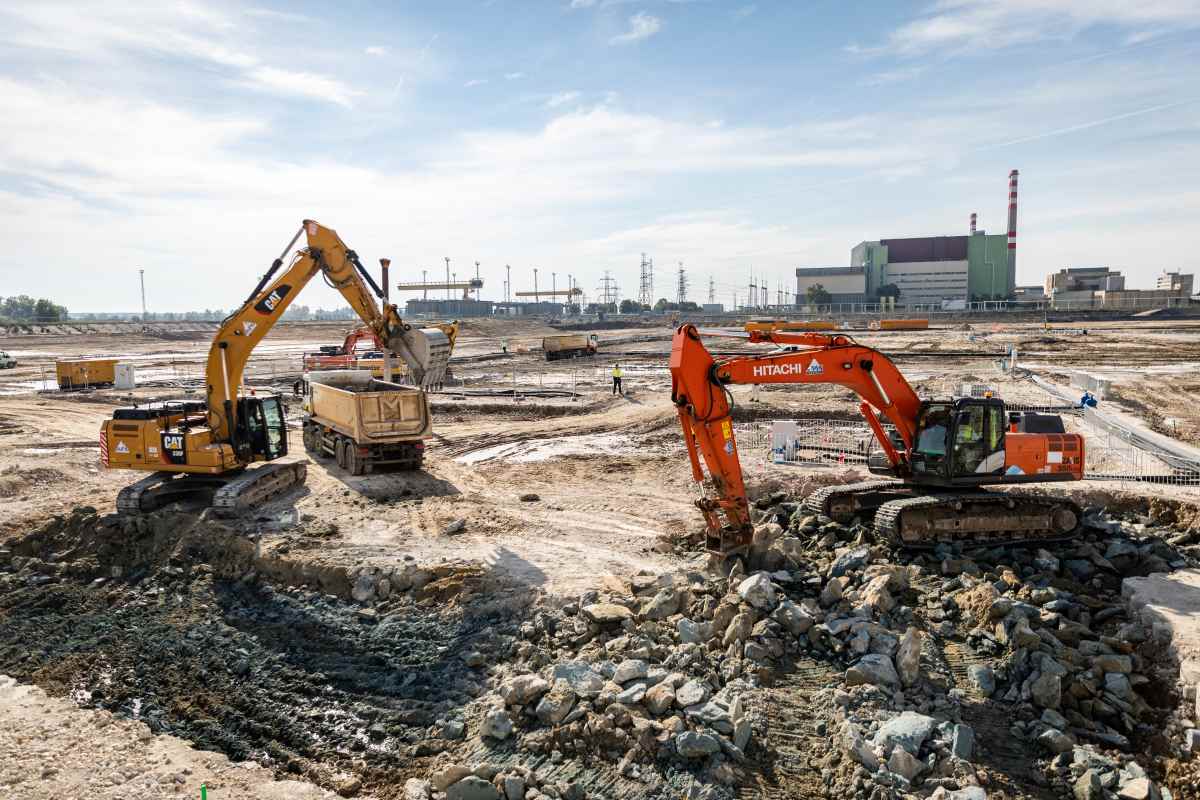The Hungarian government is showing its determination to speed up the construction of the Paks-2 nuclear power plant, after the US officially lifted sanctions on Gazprombank, the key financial unit in the project managed by the Russian state nuclear giant Rosatom.
Rosatom General Director Alexey Likhachev said on July 3: The Hungarian government is clearly demonstrating its desire to participate in the large-scale construction of the Paks-2 project as soon as possible. The first concrete pouring is expected to take place in October or November this year".
This information was given in the context that Hungarian Foreign Minister and Foreign Economist Peter Szijjarto confirmed that from July 2025, there will be no more restrictions related to Gazprombank's operations under the Paks-2 project.
Previously, at the end of November 2024, the administration of US President Joe Biden imposed sanctions on Gazprombank - the main payment channel for energy cooperation between Russia and Hungary, including the Paks-2 project. This has forced Moscow and Budapest to find alternative payment options, delaying the construction progress.

However, after the Trump administration lifted restrictions, the project's financial path was cleared. The lifting of sanctions has opened up a completely different approach for the project than before, Mr. Likhachev added.
Paks-2 is the expansion phase of the Paks nuclear power plant, located about 100km south of the capital Budapest, on the banks of the Danube River. The plant is currently built using Soviet technology, using nuclear fuel from Russia and is currently operating four VVER-440 reactors. This plant provides about 50% of total electricity output and 1/3 of electricity consumption in Hungary.
At the end of 2014, Russia and Hungary signed an agreement to build two new reactors ( reactors No. 5 and 6) under the Paks-2 project, using the advanced VVER-1200 reactor. Total investment capital is estimated to exceed 12.5 billion euros, of which Russia provides state loans of up to 10 billion euros.
According to the plan, when the two new reactors are put into operation, the total capacity of the plant will increase from 2,000 megawatt to 4,400 megawatt, helping Hungary ensure energy security and reduce dependence on fossil fuel sources.
The Paks-2 project is not only strategic for Hungary but also a symbol of the deep energy cooperation between Moscow and Budapest in the context of Europe shifting its energy structure and reshaping geopolitical linkages.
The US lifting of sanctions on Gazprombank has created conditions for Paks-2 to restart after many months of stagnation.











